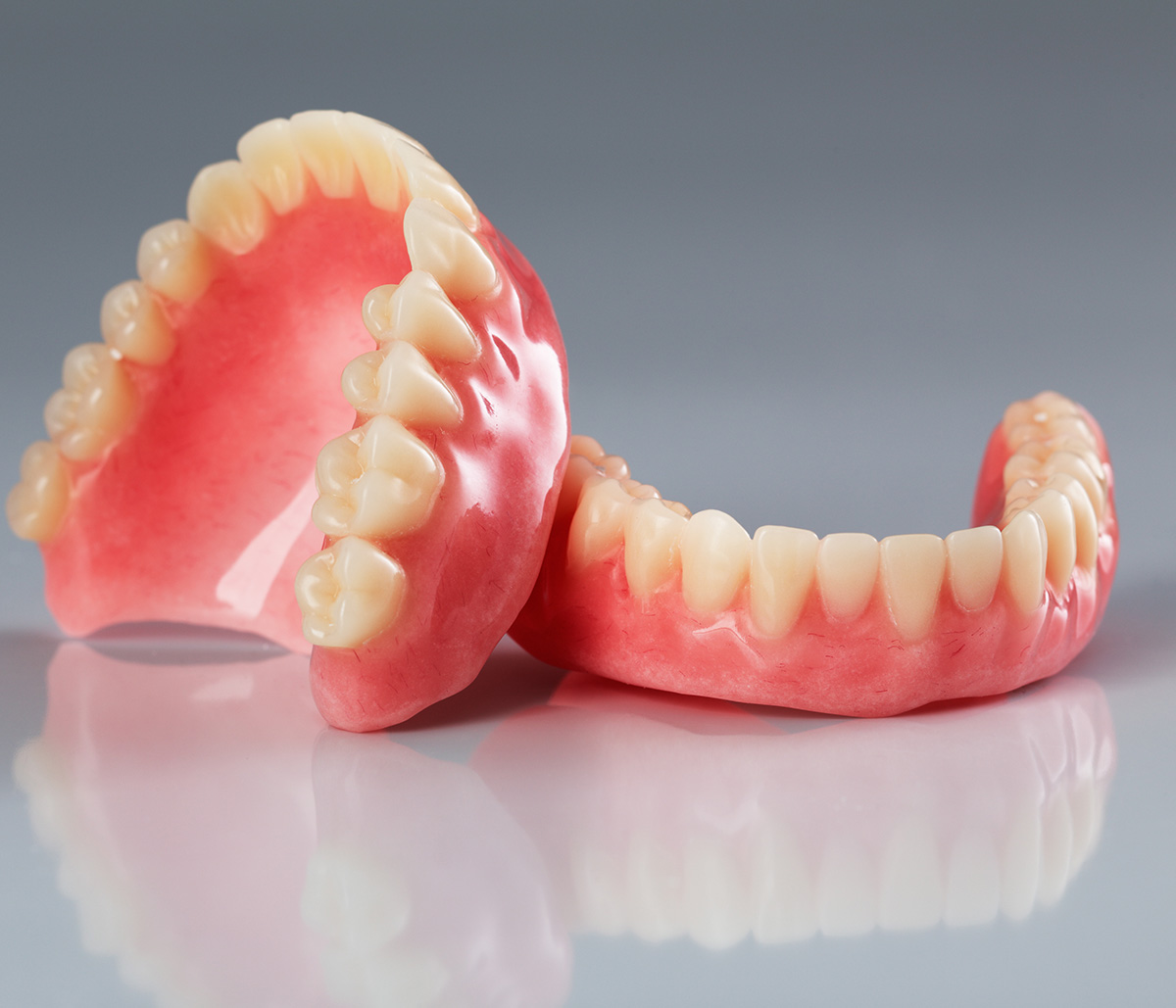
23
Jun
Common Dentures Problems and How to Solve Them

Teeth — no matter how strong they are — can suffer irreparable decay or damage. People commonly lose or miss teeth for several reasons, including injury, gum disease, cavities, and genetics. Fortunately, dentures provide a cost-effective option to fill mouth gaps for a beautiful, functional smile.
Although dentures have undergone a dramatic transformation to improve their fit and appearance, concerns might arise when wearing dentures. Dr. Ann Kelley of Kingsgate Dental in Kirkland, Washington, shares common issues with dentures and how to fix them.
Frequent problems with dentures
Issues are common with new denture users, although poorly maintained or fitted dentures can bring problems. Thankfully, fixing denture problems isn’t difficult as long as you know what to do.
Soreness and discomfort
This issue is common in the first few days as your gums adjust to your new dentures. As your dentures rub into your gums, this may cause bothersome soreness or pain. This discomfort disappears after a few days of use, but should it persist, consult your dentist.
You can relieve pain by rinsing your mouth with warm, salty water. You can also massage your gums or take over-the-counter painkillers if necessary.
Full-mouth feeling
As you get used to your dentures, you may feel as if they are oversize or placing pressure on your lips. You should wear your dentures as much as possible so your mouth can get accustomed to your restoration.
Want a Beautiful Smile?…
Call now for your relaxed, complimentary consultation!
Too much saliva
Your salivary glands may produce more saliva than needed as a natural reaction to your new dentures. Don’t worry. This will go away as your mouth gets used to your dentures. In the meantime, swallow your saliva more frequently.
Slipping dentures
No matter how well-fitting your dentures are, your oral structures need time to adjust to them. Unlike natural teeth or implants anchored in your jawbone, removable dentures rest on your gums and are secured by suction or adhesives. Dentures may slip or dislodge in the first few days when eating, talking, or laughing.
Your mouth, tongue, and lips are still learning to coordinate with your dentures. Give them time to adjust, and be patient when repositioning your dentures when they slip out. With patience and practice, this problem resolves itself, but if it persists for weeks, consult your dentist — your dentures may need further adjustments.
Infections
Dentures may attract harmful bacteria that can cause bad breath and stomatitis. Clean your dentures as instructed by your dentist to prevent infections. Also, don’t forget bi-annual dental appointments to inspect the condition of your appliances.
Want more dentures tips and advice?
If you want to learn more about dentures in Kirkland, WA, including maintenance, please call (425) 385-0080 to talk to Kingsgate Dental.

